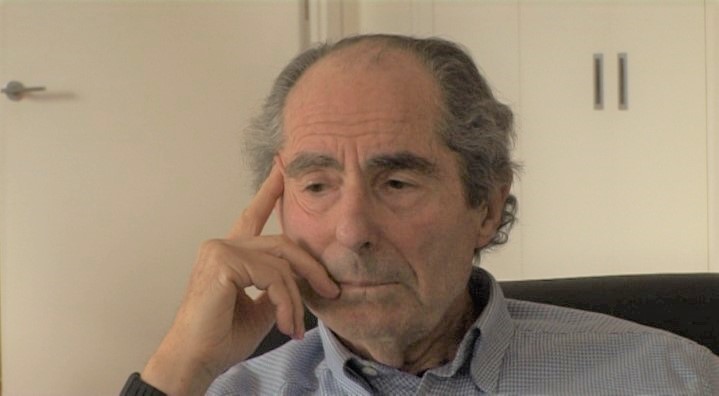How I came upon the rest of this character, I... I don't remember. Prior to writing Sabbath's Theater, I'd written Operation Shylock, and you can sometimes figure out how a book came to be written, or... or begun at least, by thinking about the book before that you're writing in response to or reaction against the book before. You're writing a kind of corrective to the book before. But I can't figure that one out. I came upon it, is all I can say. He was... I... I made him into a puppeteer, with hand puppets and so I had to find out about puppetry. And I... somehow, don't ask me how, I met some puppeteers and talked to them and they introduced me to their friends. And I hung around with them a little bit, and then there was... there's a big puppet festival in New York on alternate years down and... and around Soho and so I went to this puppet festival two... two times in a row. And I got interested in puppetry and so I made the guy a puppeteer.
But what... those things are, I hope they're integral to the book, but they're peripheral... peripheral really to the big thing about this guy, which is that he's... he's grief struck. He's grief struck. And the... the most important people in his life die. One, his mistress, Drenka, dies and they've had a long, jubilant sexual affair, both of them in the same... both of them in their 50s and 60s while it's going on. And... and also his brother... his slightly older brother who was killed in the war, World War II, when Sabbath was a boy. And from this loss he has never recovered.






